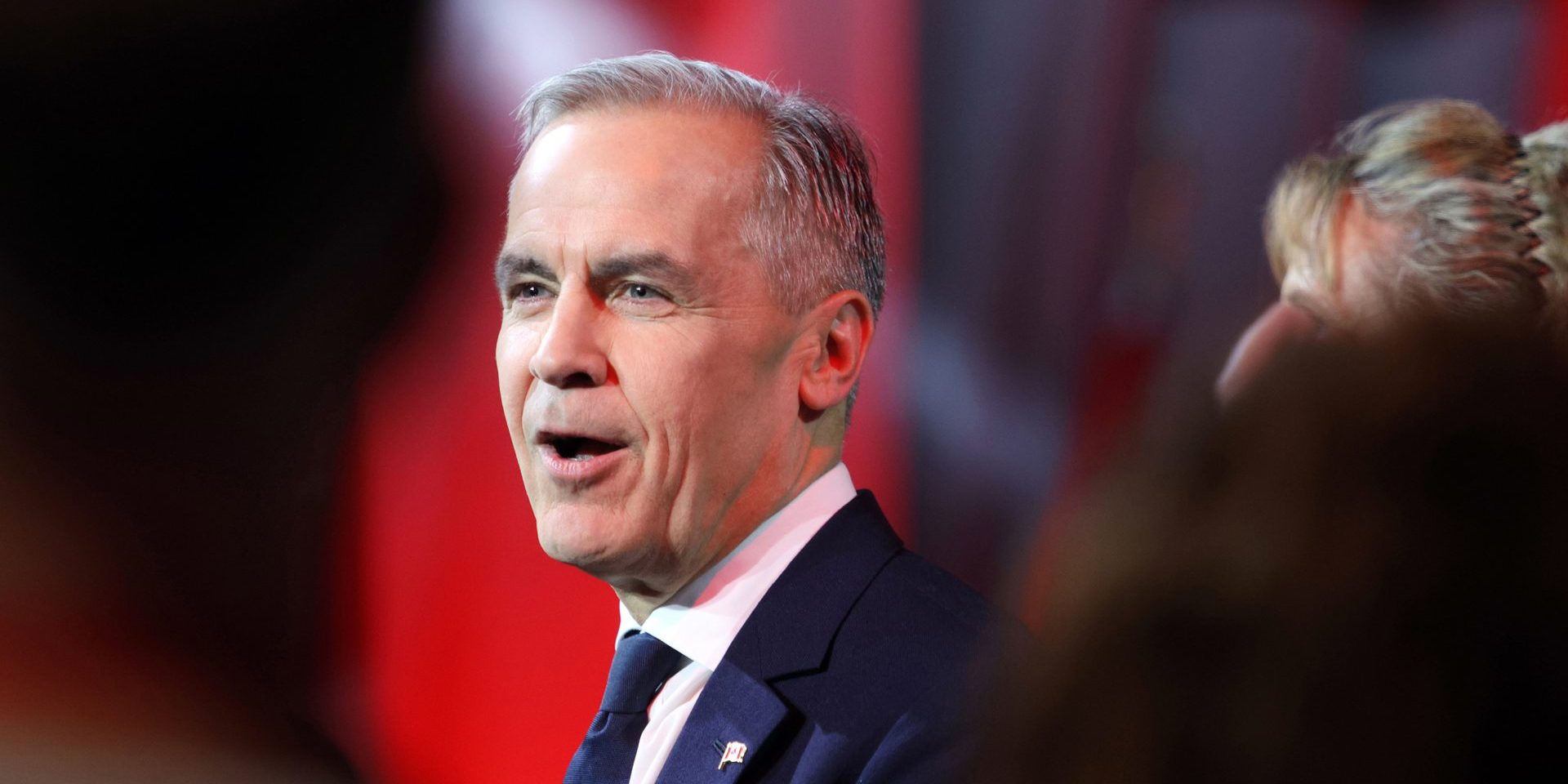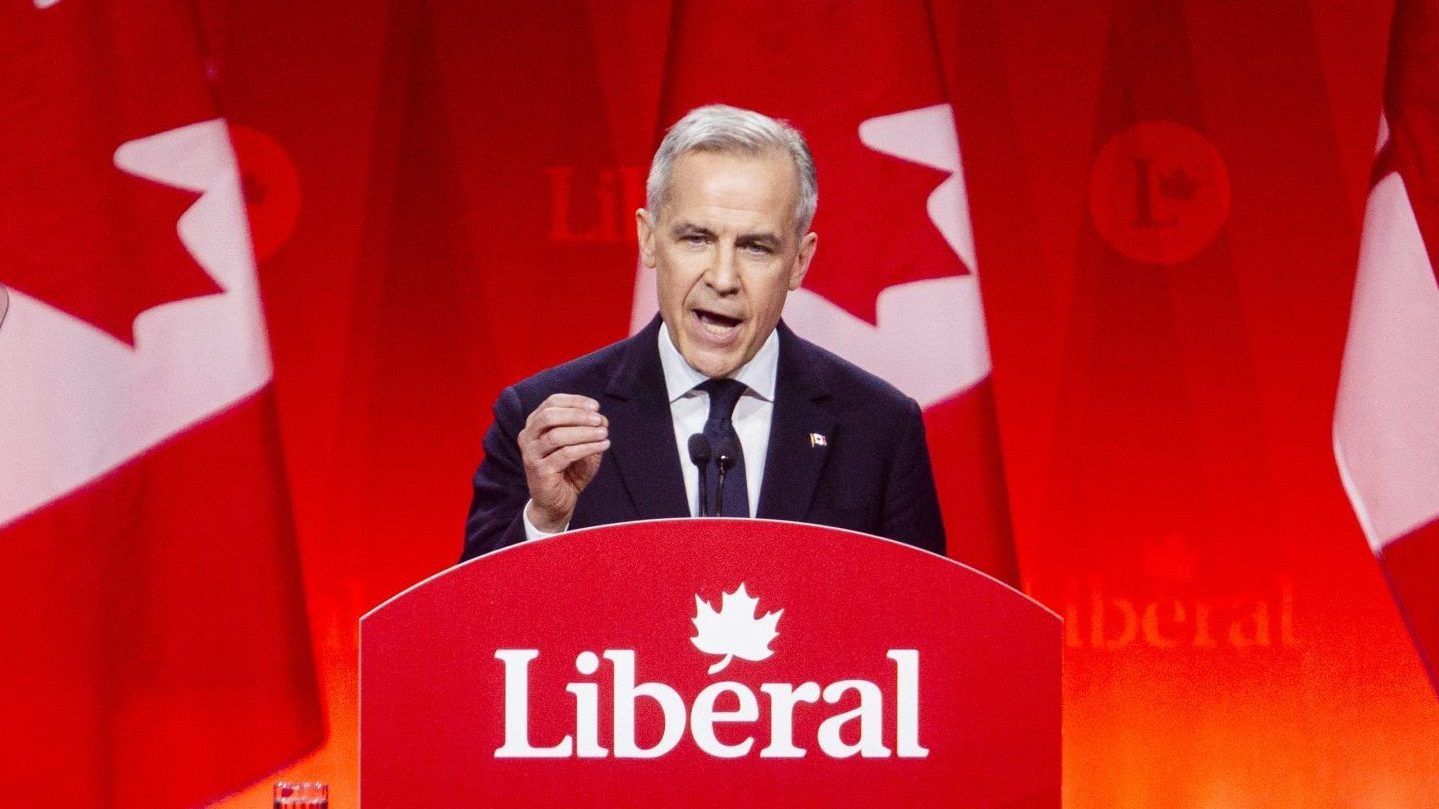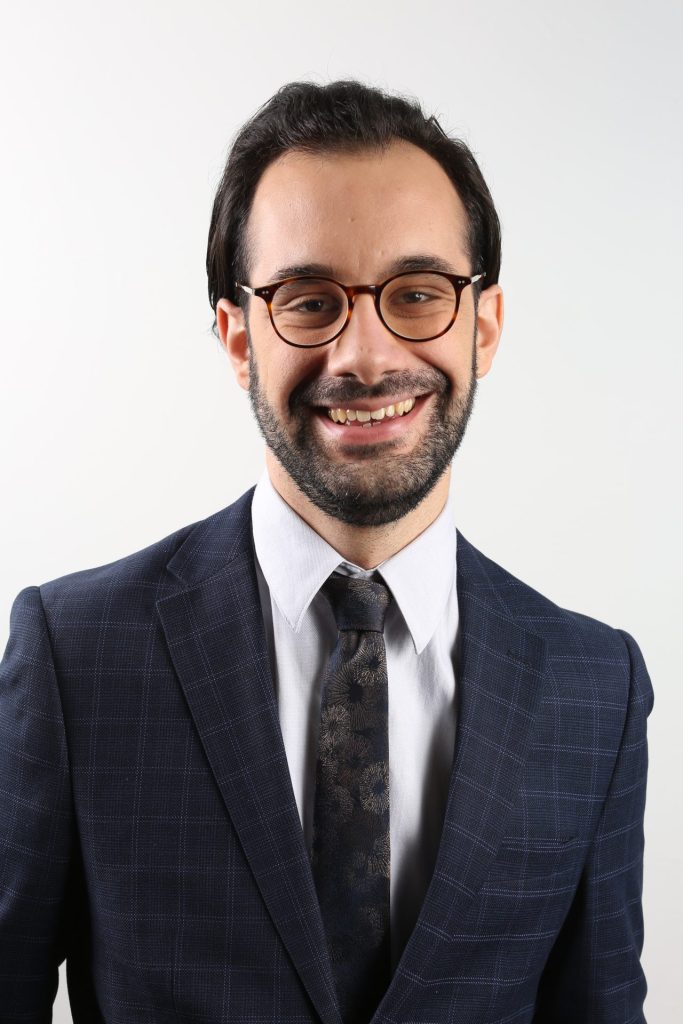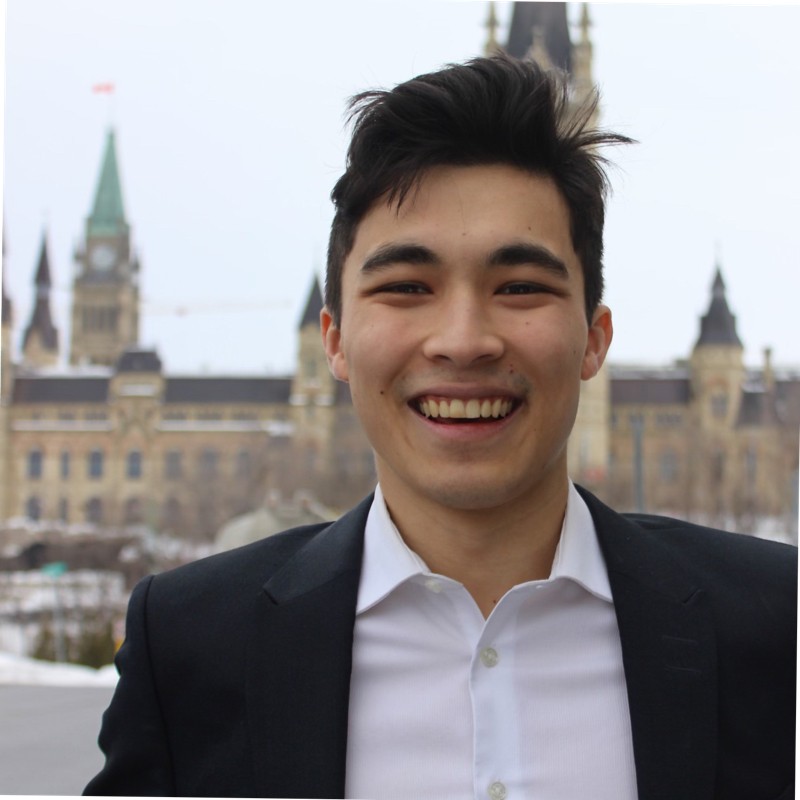Grits’ grassroots hope Carney keeps ‘eyes and ears open’ for party renewal

Following his landslide victory in the Liberal leadership race, Mark Carney will begin his transition to the Prime Minister’s Office as he prepares to lead his new caucus into the next election. Yet, to maintain the optimism and hope for party renewal his victory has generated, current and former staffers, party volunteers, and strategists say he will need to decentralize power from the PMO, and empower his caucus, their ridings, and young people.
In his first address as party leader on March 9 after winning the leadership race with more than 85 per cent of the vote, Carney promised “big change” for the party, and outlined his vision for renewal.
“It won’t be business as usual. We will have to do things we haven’t imagined before at speeds we didn’t think possible,” Carney told the more than 2,500 excited Liberals gathered at Rogers Centre in Ottawa last Sunday.
The former governor of the Bank of Canada and Bank of England described himself as a pragmatist, saying he is willing to adapt if something doesn’t work.

While the transition timeline for Carney to be sworn in as head of government remains unclear, in a media scrum last week, Prime Minister Justin Trudeau (Papineau, Que.) said those plans would be finalized following discussions with the new Liberal leader “in the coming days, or week.”
Following his first meeting with the caucus on March 10, Carney told reporters that he had discussed the transition with Trudeau earlier that day, adding the process “will be seamless and it will be quick.”
Carney also noted the caucus’ “tremendous energy,” and said it had been “incredibly important” to hear from MPs.
“They’re the voices of their communities, and they’re the conscience of the party,” Carney told reporters, promising the Parliamentary Press Gallery would also soon be seeing and hearing from him more often.
However, current and former staffers say that to keep that positivity amongst the caucus, Carney will need to allow Canadians to hear from their representatives more often, and—most importantly—be allowed to hear MPs speak for themselves.
Ahead of the result announcement on March 9, one current PMO staffer told The Hill Times that the party had been “too top-down” under Trudeau’s leadership, with power overwhelmingly concentrated within his office. They said that renewing the party would require empowering the riding associations and the MPs.
However, a now-former ministerial staffer said that while they don’t disagree about the need to address centralization, the best person to unite the party is the person the membership believes can best deal with United States President Donald Trump’s annexation and tariff threats, as well as who can “destroy” Conservative Leader Pierre Poilievre (Carleton, Ont.) in the next election.
“Evidently, the person to do that is Carney,” the staffer said several hours before his victory was confirmed.

Angelo Bakoulas, a board member with the Liberals’ Ottawa Centre riding association and a senior consultant with Bluesky Strategy Group, told The Hill Times that the “nearly unanimous decision” from the party membership has already begun the process of renewing and rejuvenating the party.
With well over three-quarters of the vote, Carney’s total dwarfs his competitors, with none of the other candidates breaking into the double-digit percentages.
Former deputy prime minister Chrystia Freeland (University Rosedale, Ont.) earned a second-place result with eight per cent, followed by former government House leader Karina Gould (Burlington, Ont.) with 3.2 per cent, and former Liberal MP and businessman Frank Baylis in fourth with three per cent. The party said 151,899 votes were cast by the 3 p.m. deadline on March 9, out of 163,836 members who had successfully verified their identity.
Bakoulas, whose riding overwhelmingly supported Carney to the tune of more than 84 per cent of the vote, said that similar results in nearly every riding would make it impossible to argue that “the party membership aren’t with Mark.”
An analysis of the leadership results by The Hill Times indicates that Carney won every riding with at least 60 per cent of the total votes, with his worst performance in the riding of Pierrefonds–Dollard, Que., where he received 60.24 per cent of the vote. His second-worst result occurred in Peace River–Westlock, Alta., where Carney received 70.31 per cent of the vote.
Bakoulas said that while many of the more rural ridings—particularly those not held by a Liberal—had felt unheard or ignored, the results indicate a newfound hope for increased engagement from the “centre” of power in Ottawa.
“Obviously, you can’t discard two to three years of consistent frustration overnight, but now it’s a completely different ball game,” explained Bakoulas.
Bakoulas, who had endorsed Gould’s campaign, said that while Gould and Freeland had run on agendas with a greater focus on the party itself, as an outsider and someone who didn’t have a long history of formal involvement with the party, it wasn’t necessarily a bad thing for Carney not to have developed a strong opinion on the issue. Instead, Bakoulas said Carney’s priority should be keeping his “eyes and ears open” to that frustration as he moves forward.
In September 2024, Carney was tapped to chair the Leader’s Task Force on Economic Growth for the party.
Bakoulas said he is disappointed Gould’s result was not better, but he was impressed with her campaign and her success in “refocusing the narrative” from “Carney is the leader the Liberals need” to “what kind of leader do we need?”
While he said he hopes Carney will adopt the proposals Gould and Freeland proposed to renew the party, Bakoulas admits those proposals are most likely a “secondary priority” for most Liberal organizers.
As part of her platform, Gould promised to “decentralize the party structure,” increase the number of in-person policy conventions, hold annual leader meetings with riding associations and bi-annual regional meetings, hire more field organizers, and reintegrate the Young Liberals of Canada (YLC) organizations and campus clubs.
Freeland’s campaign also released six proposals to renew the party, including biennial conventions and open-mic town halls, a new process for future leadership reviews, a party-wide review of its structure and membership, the empowerment of regional and territorial executives, and the establishment of a new policy commission.
Both campaigns also endorsed re-establishing the Young Liberals’ national director, one of several commitments requested by the YLC as part of its “A Nation for Our Generation” campaign pledge.

Alongside calls to prioritize housing affordability, the right to education, and a “just society,” the pledge also included calls to lower the voting age to 16, nominate 35 candidates younger than 35 years old, and allocate 50 electoral points to YLC riding and campus clubs in future leadership races.
While Carney’s platform lacked as much detail as Freeland’s or Gould’s, his campaign did respond to the YLC pledge, and committed to hiring a new national youth director.
“I am committed to working with you to ensure that Young Liberals on campuses, and in every community, have an opportunity to help shape the future of the Liberal Party,” Carney wrote to the group, adding that he is “keen” to continue the discussion on the voting age and the allocation of electoral points to YLC clubs during the platform process and at the next national convention.
Liam Olsen, president of the YLC, told The Hill Times that while he had initially remained neutral at the beginning of the race, Carney’s response to their letter swayed him to personally endorse the campaign.
“It was a really positive response,” Olsen said, adding that Carney’s campaign had been very supportive and collaborative on their ideas for those more “challenging” proposals.
“Those are areas that are big changes to how voting and democracy works for the party and the country,” Olsen said, adding that the thoughtful consideration of the proposals had ultimately won his endorsement.
“Realistically, Carney isn’t going to be able to amend the Elections Act before the next election,” Olsen said.
“The renewal is already happening, and a big part of that is the new leader, but the parts that will take longer, will take longer.”
sbenson@hilltimes.com
The Hill Times
Editor’s note: The map in this article was corrected on March 12, 2025, to update a few ridings whose results were transposed on neighbouring ridings.






 LICENSING
LICENSING PODCAST
PODCAST ALERTS
ALERTS













